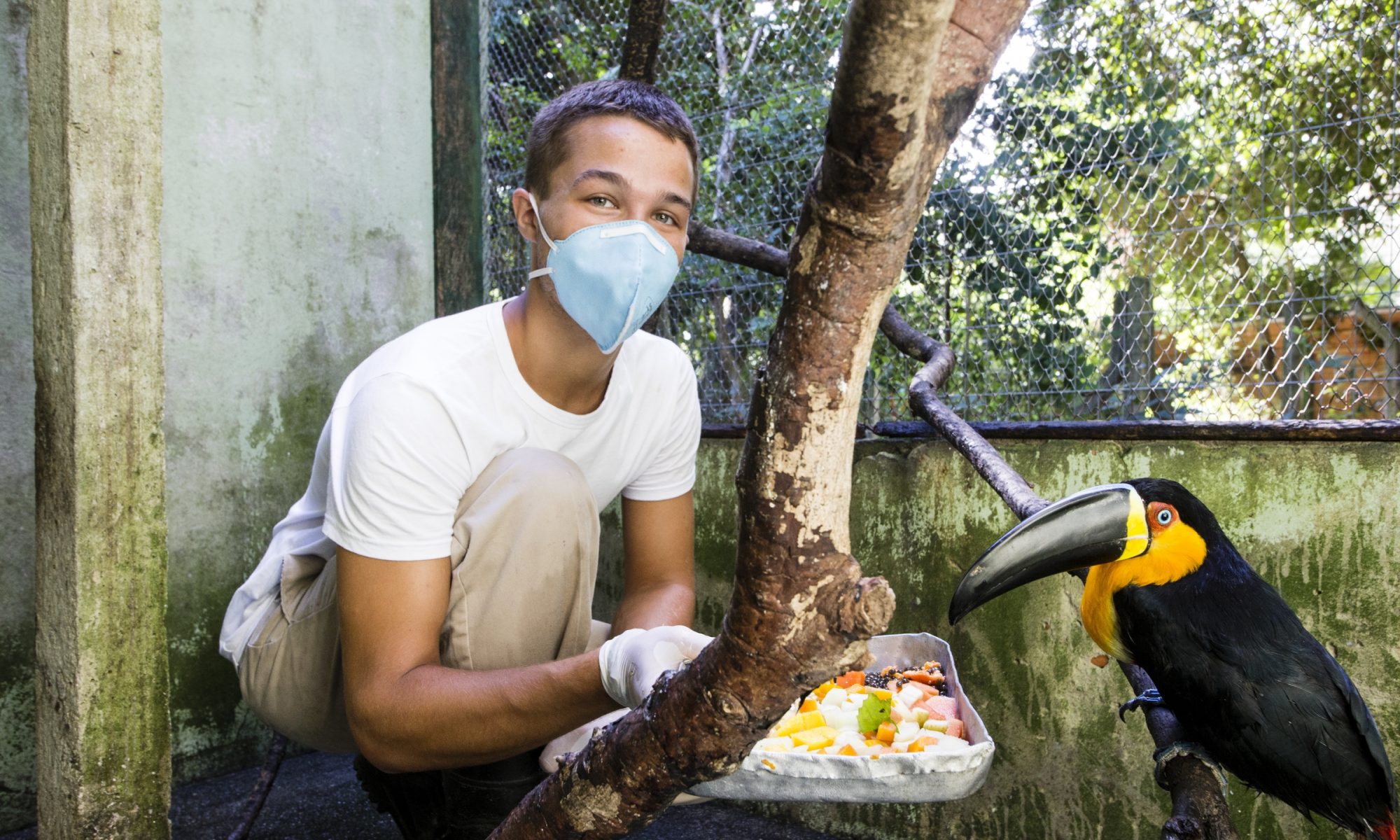by Ariadna Condezo Trinidad

I arrived in Oslo a day before the conference started. The Oslo Freedom Forum (OFF) is an international human rights conference that brings together human rights activists, journalists, world leaders, and other important stakeholders. I attended the forum with other Tufts undergraduates. During the three days of the conference, I got the opportunity to hear the stories and testimonies of prominent activists who are fighting against authoritarian regimes in their home countries. As an Oslo Scholar, I was grateful to be able to hear inspirational stories that reaffirm my commitment in working with human rights in the future and I was also motivated by hearing stories from Latin American activists —I was born and raised in Peru— since I want to focus my career in Latin American affairs.
One of the first surprises I got from the OFF was hearing Marina Corina Machado, leader of the opposition in Venezuela. She stated that more than 80% of the population in Venezuela want change. “This has turned much more than an electoral struggle, this has turned into an ethical, an existential, and even a spiritual fight for dignity, for freedom, and for having our children come back home.” Her words deeply impacted me. The fight for democracy in Venezuela is something I grew up watching in the news. It is something that I witnessed as thousands of people emigrated from Venezuela to Peru. It is something that I heard from my neighbors in Peru. During the last months, I have seen in the news that Venezuelans have hope for change and they are counting on Marina Corina to lead the country out of the hands of the authoritarian regime of Nicolas Maduro. The opposition has been able to mobilize the whole country and restore hope for a free Venezuela. As the electoral votes are being counted, it has been emotional to watch the country to not give up despite the government attempts to prevent a fair election such as changing people’s voting locations, closing the land border with Colombia, or canceling flights of former leaders of multiple Latin American countries who would act as observers during the election process.
The other story was from Carlos Chamorro, a Nicaraguan journalist in exile. Carlos Chamorro has faced harassment during years due to his work in his newspaper Confidencial, which exposes the dictatorship’s abuses. He was eventually forced into exile for his safety. He began the story by giving background information on the Nicaragua dictatorship led by Daniel Ortega. He talked about the 2018 protests were the dictatorship responded with a bloody massacre that took the lives of 350 people. He mentioned how in 2021, Ortega put in prison the seven aspiring political candidates of the opposition in order to eliminate competition. So far during the dictatorship 317 people have been declared stateless, including 222 former political prisoners, political and civil leaders, human rights activisits, students, more than 15 journalists, and more. Chamorro was declared stateless by the dictatorship in 2023. Chamorro’s story is inspirational because he still fights for a Nicaragua that will be a republic again, he continues to perform his journalism in order to maintained the world informed of the human rights abuses happening in Nicaragua and the struggles of the people who live under the dictatorship.
